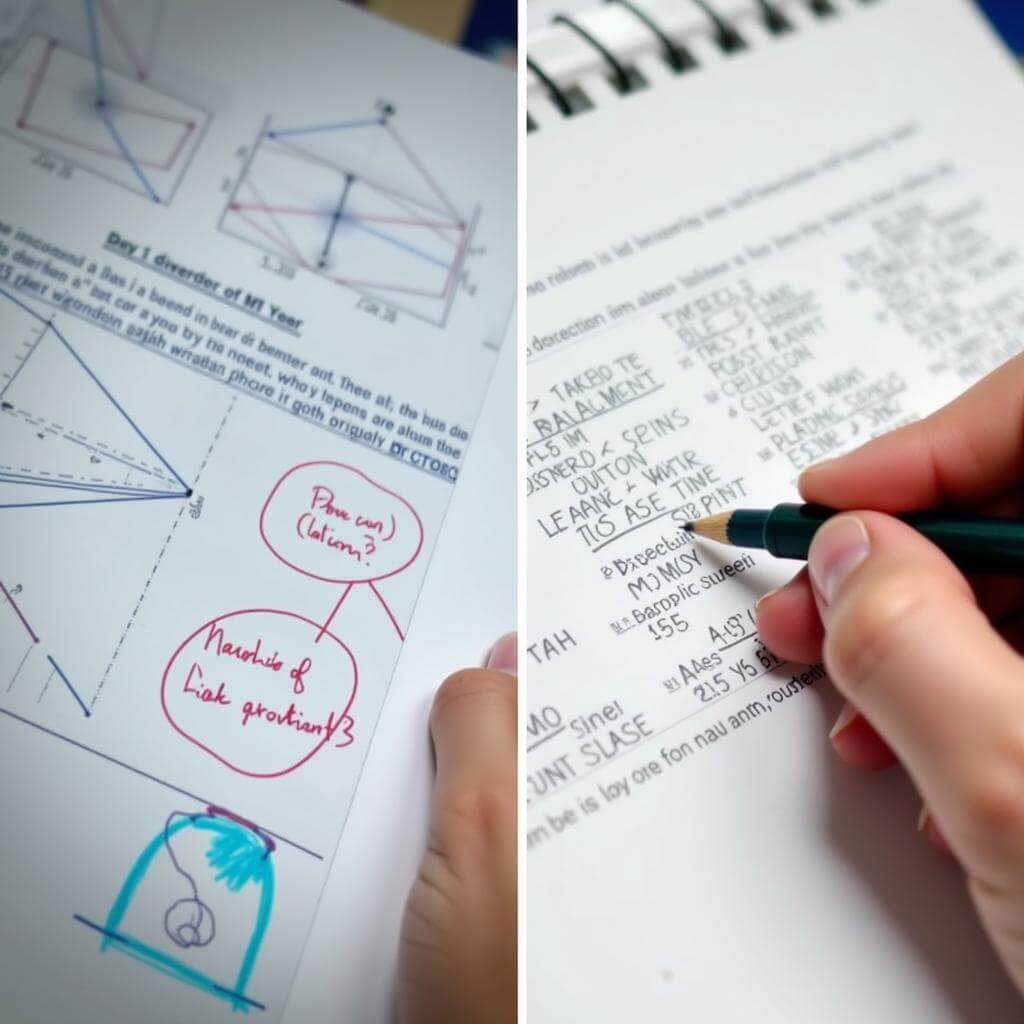Are you aiming to boost your IELTS Writing score? You’re in the right place. As an experienced IELTS instructor, I’ll share insider tips on how to maximize your score in IELTS Writing through effective practice. Let’s dive into the strategies that can make a significant difference in your performance.
Understanding the IELTS Writing Task
Before we delve into practice techniques, it’s crucial to understand what the IELTS Writing task entails. The Writing section consists of two tasks:
- Task 1: Describing visual information (graph, table, chart, or diagram)
- Task 2: Essay writing on a given topic
Each task requires different skills, but both contribute equally to your overall Writing score.
Key Areas to Focus On
To maximize your IELTS Writing score, concentrate on these essential aspects:
- Task achievement
- Coherence and cohesion
- Lexical resource
- Grammatical range and accuracy
Let’s explore how to improve each of these through targeted practice.
Effective Practice Strategies
1. Analyze Model Answers
Start by studying high-scoring IELTS Writing samples. This helps you understand what examiners are looking for and how to structure your responses effectively.
practicing grammar with model answers
2. Timed Practice Sessions
Simulate exam conditions by setting strict time limits for your practice sessions. This helps you develop the ability to plan, write, and review your answers within the allotted time.
“Regular timed practice is crucial for building the stamina and speed required in the actual IELTS Writing test,” says Dr. Emily Watson, IELTS examiner with 15 years of experience.
3. Self-Assessment and Reflection
After each practice session, take time to review your work critically. Ask yourself:
- Did I fully address the task?
- Is my essay structure logical and coherent?
- Have I used a range of vocabulary and grammatical structures?
- Are there any recurring errors I need to address?
This self-reflection helps you identify areas for improvement and track your progress over time.
4. Vocabulary Expansion
Expand your lexical resource by learning new words and phrases relevant to common IELTS topics. Create a vocabulary journal and actively use these new terms in your practice essays.
5. Grammar Drills
Identify your grammatical weaknesses and focus on improving them through targeted exercises. Pay special attention to complex structures that can elevate your writing.
6. Peer Review and Feedback
Exchange essays with fellow IELTS candidates or join study groups. Peer feedback can provide fresh perspectives and help you spot errors you might have missed.
7. Use Official IELTS Practice Materials
Incorporate official IELTS practice tests into your routine. These materials closely resemble the actual exam, giving you a realistic sense of what to expect.
how to prepare for IELTS in two weeks effectively
Advanced Techniques to Boost Your Score
1. Develop a Bank of Essay Structures
Create a collection of flexible essay structures that you can adapt to various topics. This saves time during the exam and ensures a well-organized response.
2. Master Paraphrasing Skills
Practice rephrasing the question and key ideas in your own words. This demonstrates your language proficiency and helps avoid repetition.
3. Enhance Your Task 1 Data Analysis Skills
For Task 1, practice quickly identifying key trends and making meaningful comparisons. Develop a systematic approach to describe different types of visual information.

4. Time Management Mastery
Allocate your time wisely between planning, writing, and reviewing. A good rule of thumb is:
- Task 1: 2-3 minutes planning, 15-17 minutes writing, 1-2 minutes reviewing
- Task 2: 5 minutes planning, 30-32 minutes writing, 3-5 minutes reviewing
how to manage time effectively in IELTS writing
5. Develop Critical Thinking Skills
For Task 2, practice analyzing topics from multiple perspectives. This helps you produce more balanced and insightful essays.
“The ability to present a well-reasoned argument with supporting examples is what sets high-scoring Task 2 essays apart,” notes Professor James Chen, IELTS Writing specialist.
Common Pitfalls to Avoid
- Memorizing pre-written essays
- Neglecting task instructions
- Using overly complex language incorrectly
- Failing to proofread
- Writing too much or too little
By being aware of these pitfalls, you can focus on producing authentic, well-structured responses that directly address the task at hand.
Conclusion
Maximizing your score in IELTS Writing with practice requires dedication, strategy, and continuous self-improvement. By implementing these proven techniques and consistently applying them in your practice sessions, you’ll be well-equipped to achieve your desired score. Remember, the key to success lies in regular, focused practice and a willingness to learn from your mistakes.
FAQs
-
How often should I practice IELTS Writing?
Aim for at least 3-4 practice sessions per week, focusing on different task types and topics each time. -
Is it better to practice on paper or computer?
It’s beneficial to practice both ways, as the IELTS exam offers both paper-based and computer-delivered options. -
How can I improve my handwriting for the paper-based test?
Regular handwriting practice and using ruled paper can help improve legibility and speed. -
What’s the best way to expand my vocabulary for IELTS Writing?
Read widely on IELTS-related topics, use a vocabulary journal, and actively incorporate new words into your practice essays. -
How important is word count in IELTS Writing?
Meeting the minimum word count is crucial. Aim for at least 150 words for Task 1 and 250 words for Task 2 to avoid losing marks. -
Can I use personal examples in Task 2 essays?
Yes, personal examples can be effective if they’re relevant and support your argument well. -
How do I know if I’m ready for the actual IELTS Writing test?
If you consistently score within your target band in timed practice tests and feel confident in your ability to address various topics, you’re likely ready for the exam.